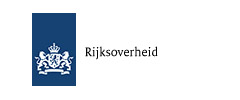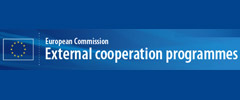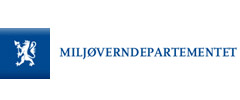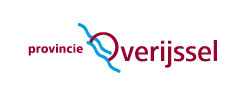Fetuses, babies said at high risk from pollutants
Fetuses and babies are more vulnerable than previously thought to chemical pollutants that can cause disease or disability, even in tiny doses that do not harm adults, about 200 scientists said.
31.05.2007 |Sascha Gabizon
OSLO (Reuters)
The researchers urged tighter controls on toxic chemicals, some of them used in making plastics or pesticides, saying that there was a risk of disruptions at key stages of growth that could lead to brain damage, malformation or cancers.
"Fetal life and early infancy are periods of remarkable susceptibility to environmental hazards," toxicologists, biologists, pediatricians and other experts from around the world said after talks in the North Atlantic Faroe Islands.
"Toxic exposures to chemical pollutants during these windows of increased susceptibility can cause disease and disability in infants, children, and across the entire span of adult life," they said in a final statement after a May 20-24 meeting.
In some cases, damage to genes "may also be passed on to subsequent generations," the scientists said at the talks, partly sponsored by the U.N.'s World Health Organization.
"We are beginning to understand that there are some very sensitive processes that have to happen at a particular time and in a particular sequence," said Philippe Grandjean, scientific chair of the meeting who works at the University of Southern Denmark and the Harvard School of Public Health.
NO SECOND CHANCE
"If they don't, you don't get a second chance," he told Reuters in a telephone interview. "The child will be stuck with a brain, lungs or an immune system that are not optimal."
He said that scientists have long known that smoking while pregnant or exposure to lead, for instance, can damage a fetus and that recent research is broadening the list of hazards.
"Some of the these effects may appear subtle -- a few IQ point losses. But if you add several exposures and several such effects then it can be very serious for the individual and so for society," he said.
The statement said, for instance, that "low-level developmental exposure to a plastics ingredient, Bisphenol A, can result in increased susceptibility to breast cancer or prostate cancer."
"Prenatal exposure to vinclozoline, a common fungicide, also promotes later development of cancer," it said. Among other hazards, it listed the banned pesticide DDT which is still in use in some African nations to kill malaria-carrying mosquitoes.
Governments in rich nations, including the United States and the European Union, say Bisphenol A is safe in low levels used in plastics. And EU farm ministers last year, for instance, approved use of vinclozoline under tight conditions.
The scientists noted that 16th century Swiss medical expert Paracelsus said that any substance -- ranging from water to fruit -- can be toxic in large doses and came up with the medical saying that "the dose makes the poison".
"For exposures sustained during early development, the most important issue is that 'the timing makes the poison'," the scientists said.
They urged tighter restrictions to protect the very young, even when the evidence was not conclusive.
"Prevention should not await detailed evidence on individual hazards to be produced, because the delays in decision-making would then lead to propagation of toxic exposures and their long-term consequences," it said.
Related News
Meet the Winners of the Gender Just Climate Solutions Award at COP24
On the 70th anniversary of the Universal Declaration of Human Rights, we awarded Gender Just Climate Solutions Winners at the climate negotiations in Katowice, Poland
11.12.2018
Invitation: Gender Just Climate Solutions Award 2018
10 December, COP24 Katowice
04.12.2018
Getting to the Future We Want
4-7 November, Brussels: European Environmental Bureauís (EEB) Annual Conference
12.11.2018
GoodFood4All
WECF and partners all over Europe start GoodFood4All Campaign
06.11.2018
#Ruralwomen: join our Women2030 campaign!
15.10.2018






































